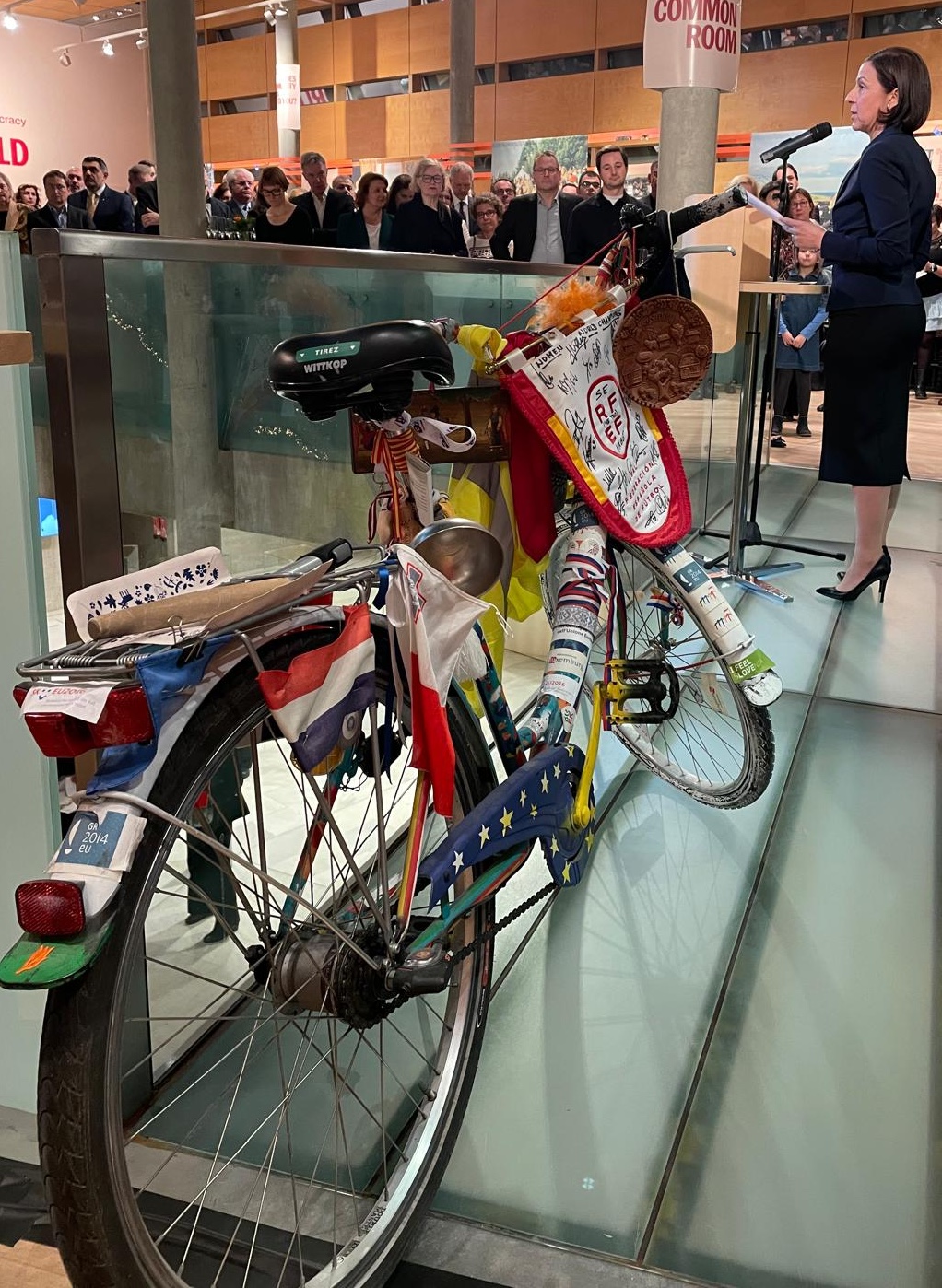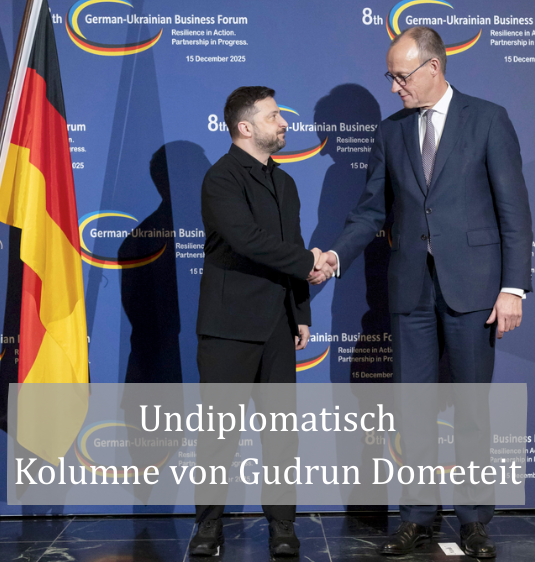diplo.news
Japan's Ambassador Yanagi Hidenao leaves Berlin
.jpeg)
Ambassador spoke on the talk show “diplo.international” (TV Berlin) Yanagi Hidenao about the fundamentally good, but not always easy, relations between the two countries.
Hidenao believes that German interest in Japan has fallen back over the past twenty years, at least until the pandemic. Germany was more interested in China. This has been noticed in business and in media coverage.
Recognized again as a partner of values
“It was only with the pandemic and the Russian attack on Ukraine that the Germans recognized us as a partner of values. We share the same values in democracy, human rights and the market economy. The relationship has only been much closer than before in two and a half, three years. We are happy about that today. In any case, the last 15 years leading up to the pandemic were deplorable. ”
German criticism of nuclear power plant operation
Especially after the major earthquake, Japan was heavily criticized by German media for continuing to operate nuclear power plants. But today, it was also understood in Germany that the situation in Japan was completely different from the situation in Germany. “We are an island nation. We are not connected to other countries by pipelines or other lines. Unfortunately, like Germany, we are not surrounded by friendly states that would provide us with supplies in an emergency. Japan's geographical location is completely different from that of Germany. ”
Fewer and fewer correspondents
Asked about media interest in Germany as the number of Japanese correspondents in Germany declined, Hidenao said: “It is true that the number of correspondents in Japanese media has almost halved in the last 15 years.” The situation with the correspondents is complicated. In small and medium-sized European countries, the number of correspondents is declining. It is becoming increasingly difficult for a correspondent to only report from one country. Fewer and fewer journalists would have to follow more and more events.
“Correspondents must increasingly also report from other countries, for example from Germany about Ukraine. They are following developments in Ukraine and must also travel there. ”
The main interest of Japanese correspondents was not necessarily economics, but rather domestic and foreign policy as well as social issues.
Tokyo versus Berlin
Hidenao compared the two capitals, which had been linked by a town partnership for exactly thirty years. The ten-million metropolis of Tokyo must make do with the square of old West Berlin; Berlin with fewer inhabitants is much more spacious and greener. Across Japan, the 125 million inhabitants lived densely packed. The proportion of foreigners in Japan is only around three percent, which is why Tokyo is nowhere near as international as Berlin.
The Japanese community across Germany comprises 42,000 people, 13,000 of them in North Rhine-Westphalia alone, where the state capital Düsseldorf has long developed into the center of the Japanese economy in Germany.
Ewald König




